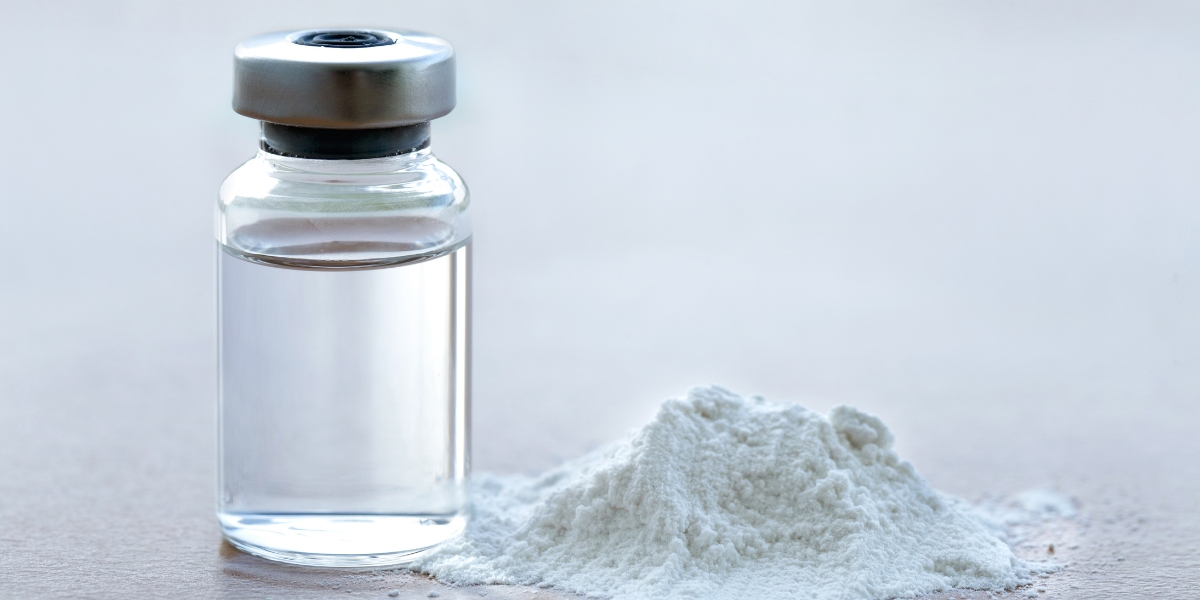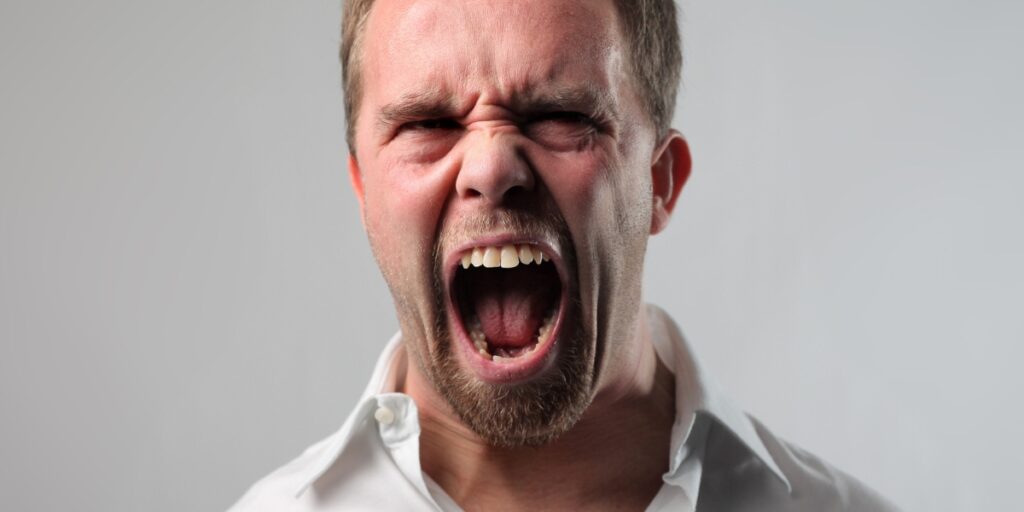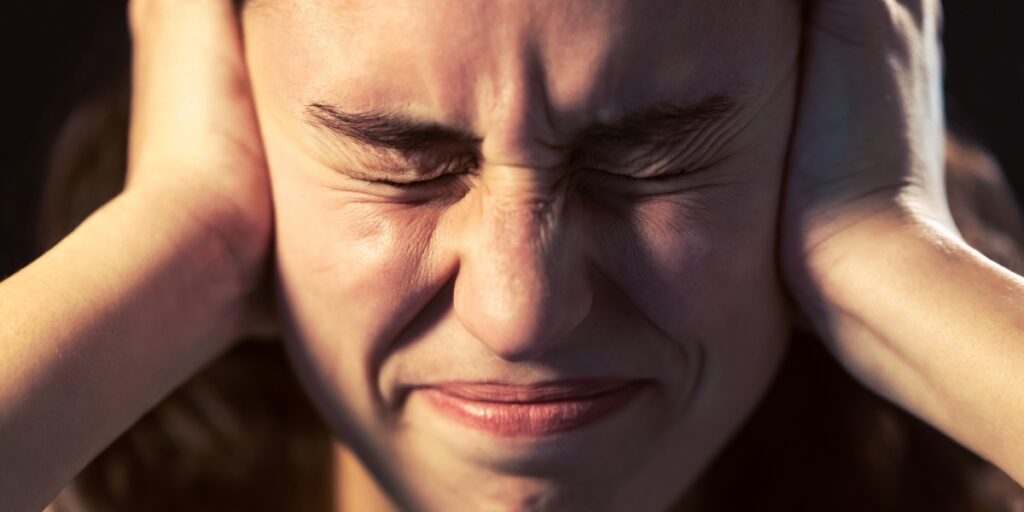PCP Facts and Effects

In the United States, approximately 6 million people, or 3% of the population, will try PCP at least once in their lifetime, and those numbers are increasing as it resurges in popularity.
Perhaps the most famous PCP effect is the inability to feel pain and the appearance of superhuman strength. These physical and unpleasant psychological effects help explain the 400% increase in PCP- related emergency room visits from 2005 to 2011.
Learning the facts and effects of PCP abuse can help addiction awareness and start conversations with a loved one about getting support and treatment.
What Is PCP?
Phencyclidine, PCP for short, is a dissociative drug known for causing hallucinations and violent behaviors. PCP classifies as a hallucinogenic drug but differs from other drugs in the same category because it also functions as a central nervous system depressant and stimulant.
In the United States, PCP is a Schedule II substance, which means it is addictive with no medical uses or value whatsoever. PCP comes in a white crystalline powder or clear to yellowish liquid form with a distinctive bitter chemical taste that users swallow, snort, smoke with tobacco or weed, or inject.
PCP Street Names
PCP, or phencyclidine, has been around since the 1960s and has accumulated a lot of slang and street names.
The most common street names for PCP include:
- Angel dust
- Rocket fuel
- Dust
- Tranq
- Animal tranquilizer
- Elephant tranquilizer
- Peace Pill
- Wet
- Embalming fluid
- Shermans
- Ozone
- Wack
- Amp
PCP Facts
PCP facts and statistics come from medical reports and answers provided by people who respond to the National Survey on Drug Use, and Health (NSDUH) conducted annually throughout the United States. The NSDUH is for research and educational purposes only and allows public health agencies to better understand drug use and emerging trends.
Below are some facts about PCP:
- Developed in the 1950s and tested as an anesthetic, it was banned after patients experienced dangerous and adverse effects
- After being discontinued for humans, it gained popularity as an animal tranquilizer
- Almost half of all PCP emergencies involved other substances
- The majority of chronic PCP users are men 25 or older
- PCP is popular with dealers as a cutting agent in MDMA and cocaine
Effects of PCP
Depending on the method of ingestion and dose, the effects of PCP take effect in five to sixty minutes. The high usually lasts four to eight hours; however, some users who’ve taken high doses report feeling effects for as long as 48 hours.
As an unregulated illicit, and dangerous drug, PCP’s dosage and potency are inconsistent and unpredictable. Every PCP user will react differently based on their physical and psychological state and tolerance. What might be a moderate dose to a long-term user can be a high dose to a new and inexperienced user.
Effects of PCP in low to moderate doses include:
- Rush of euphoria
- Numbness
- Anxiety
- Increased body temperature
- Rapid breathing
- Rising blood pressure
- Increased heart rate
- Sweating
- Slurred speech
- Intense staring or fixating on one spot
- Loss of coordination
- Flushing in the face and neck
- Dizziness
- Disassociation
- Agitation
- Hallucinations
- Feelings of invulnerability or super strength
- Reduced ability to feel pain
Effects of PCP in high doses include:
- Nausea
- Vomiting
- Blurred vision
- Stupor
- Paranoia
- Memory loss
- Bizarre behavior
- Unintelligible speech
- Hallucinations
- Delusions
- Drooling
- Loss of balance
- Low blood pressure
- Slow heart rate
- Slow breathing
- Violent or suicidal thoughts
- Self-harm
- Aggressive and violent outbursts
- Psychotic breaks
- Seizures
- Coma
High doses of PCP have the opposite effect on blood pressure, heart rate, and breathing than low to moderate doses; Its unique composition causes it to act as a central nervous system depressant and a stimulant; the dominant effects depend on the amount taken.
People on PCP with co-occurring conditions are more likely to experience intense mind-altering effects. Not every person who uses PCP will have disturbing or unpleasant psychological effects; however, as the drug abuse continues and escalates, the likelihood of violent or suicidal thoughts increases.
Taking PCP alongside other illegal drugs, prescription drugs, or alcohol, known as polysubstance abuse, can cause complicated side effects, addiction, and dangerous withdrawal symptoms. Mixing PCP with other depressants, such as alcohol, will heighten the sedative effects and increase interactions that may lead to coma.
Call 911 immediately if you believe someone is overdosing on PCP or poses a danger to themselves or others.

PCP Addiction
PCP is addictive and quickly leads to overwhelming cravings and rampant substance abuse. Additionally, PCP withdrawal is physically and mentally painful and exhausting, causing many PCP users to maintain their drug abuse to avoid becoming sick despite other mental and physical health problems caused by addiction.
Signs of PCP addiction and abuse include:
- Changes in behavior and social circles
- Withdrawal and self-isolation
- Neglecting personal hygiene
- Weight loss
- Increasing health problems
- Ignoring personal and professional obligations
- Worsening mental health problems
- Financial problems
- Legal issues
- Preoccupied with finding and using
- Placing themselves in dangerous situations to get and use the drug
- Withdrawal symptoms and illness when they can’t use
Most addicts are in denial or attempt to hide their substance abuse issues with secrecy and lying, so it is essential to know the signs of PCP addiction to offer help as soon as possible.
Withdrawal Symptoms
PCP withdrawal symptoms can begin as soon as eight hours after the last dose; their intensity will vary based on the length and severity of the addiction if any other drugs and alcohol are causing withdrawal symptoms and present co-occurring disorders.
Common PCP withdrawal symptoms include:
- Headaches
- Sweating
- Increased sensitivity to light, sounds, and touch
- Paranoia
- Drug cravings
- Depression
- Anxiety
- Difficulty focusing
- Muscle spasms
- Joint and bone pain
- Insomnia
- Confusion
- Diarrhea
- Nausea
- Vomiting
- Heart rate and blood pressure changes
- Seizures
- Hallucinations
- Violent or suicidal intrusive thoughts
PCP withdrawal can be dangerous and unpredictable, much like the drug itself. Users should always seek medical advice to discuss medical detox and follow-up treatment options for the safest and most effective outcome.

PCP Addiction Treatment in Northridge, California
If you or a loved one are struggling with PCP addiction, Northridge Addiction Treatment Center can provide an authentic opportunity to reclaim your life in recovery.
Reach out today to learn more about your treatment options. The path to recovery is a phone call away.
Find Meaningful Recovery
Our caring and compassionate specialists are eager to help you comfortably navigate this journey to recovery. Our individualized treatment plan, programs, and therapies may be a perfect match for you or your loved one. Let us assist you in living the happy life you deserve. It starts with a phone call.




